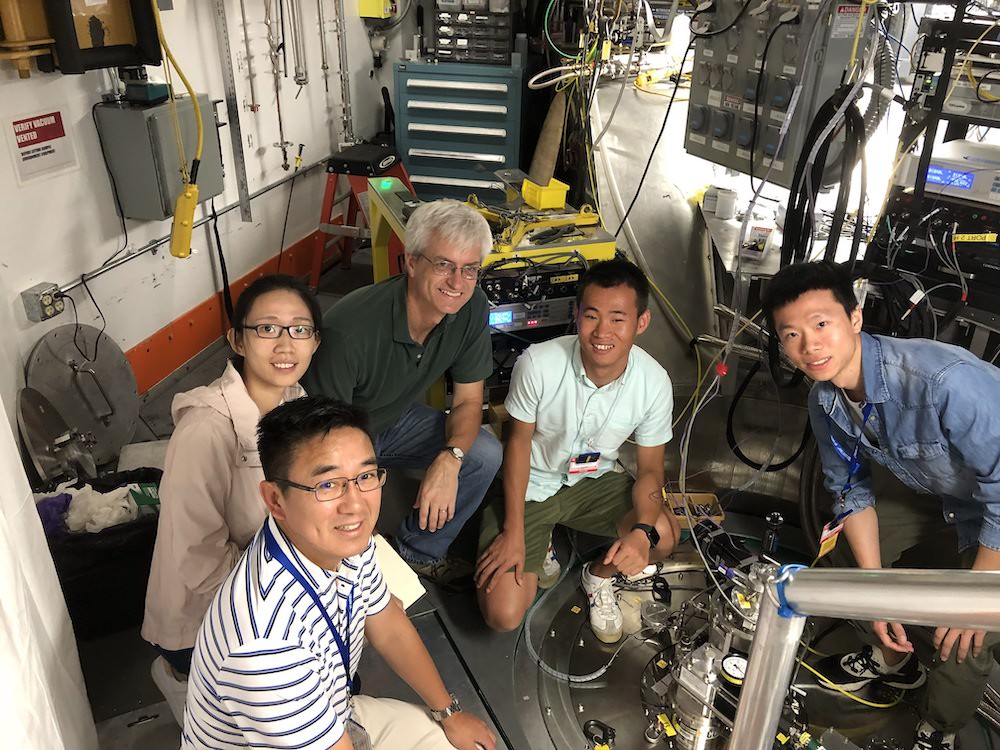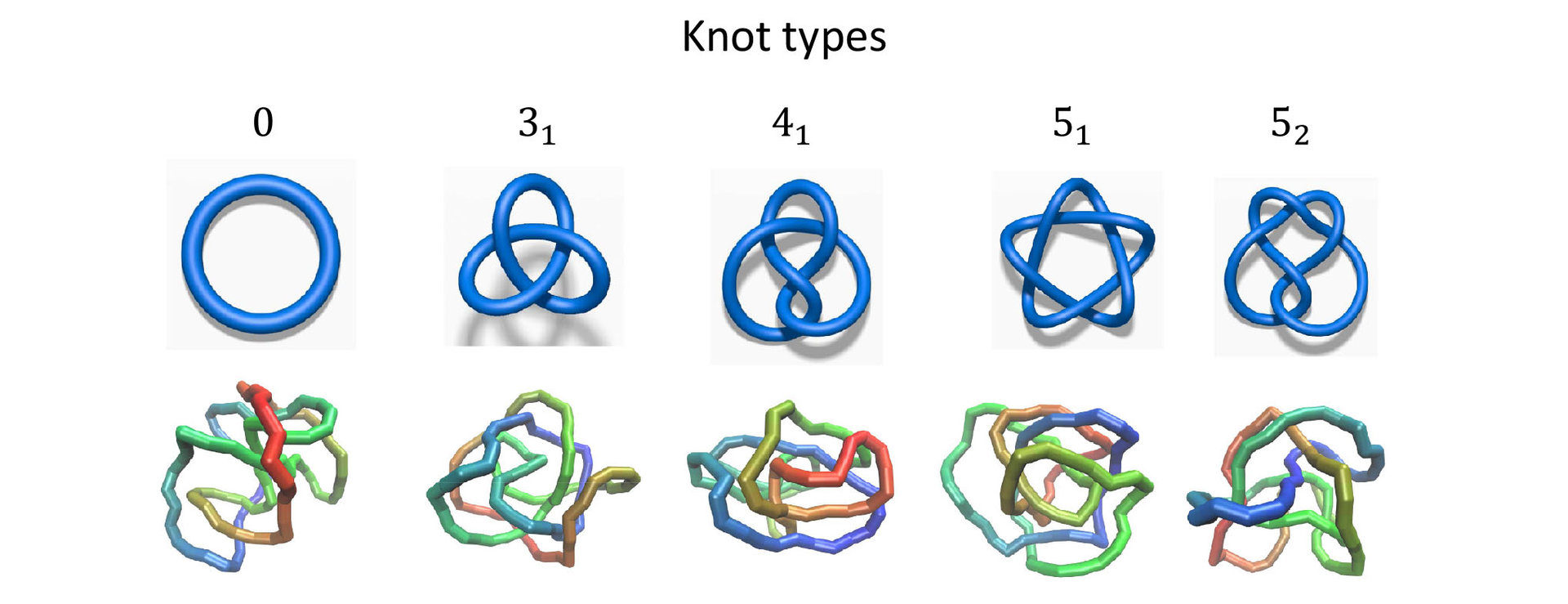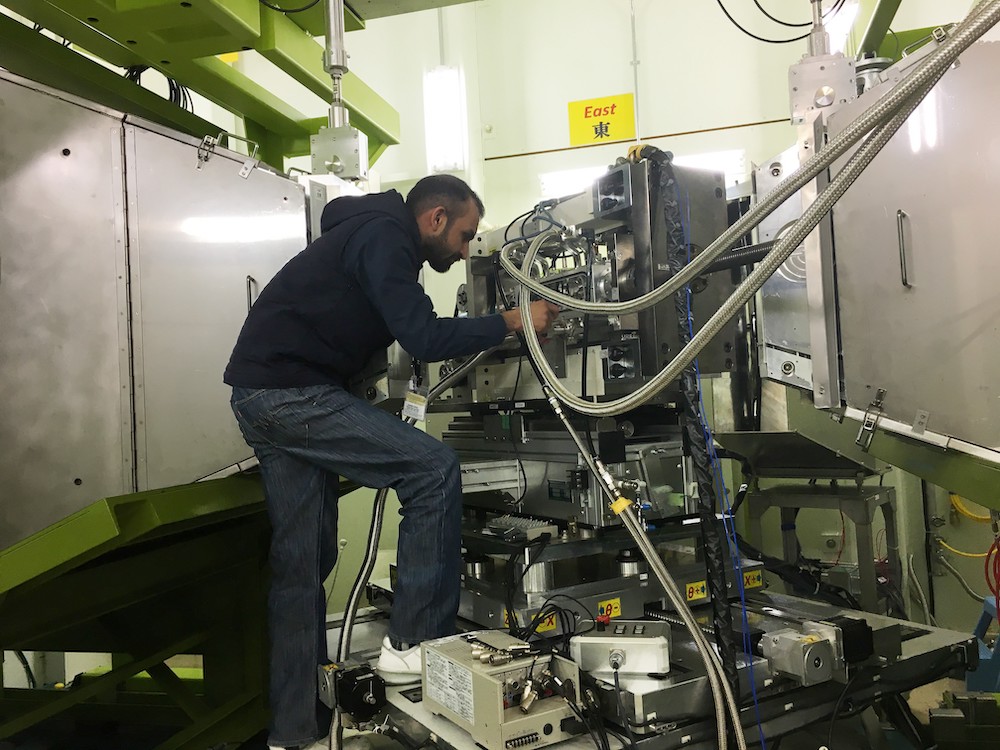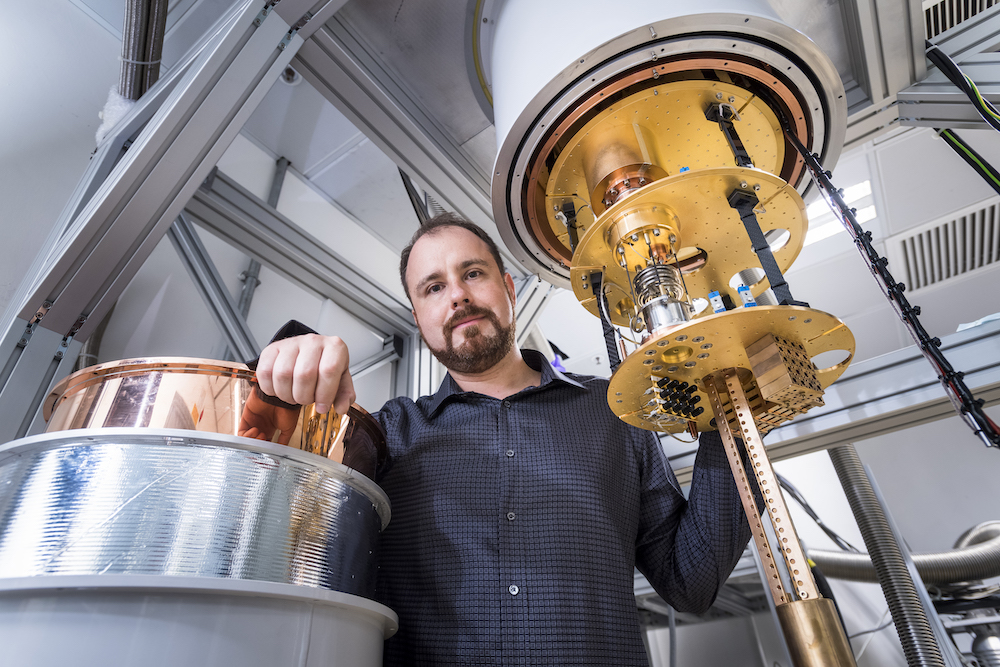Research Stories
Filter by category
Filter by year
Filter by year

Recently, with the state-of-the-art neutron scattering instrumentation and molecular dynamic simulations, an international research team, led by physicists from City University of Hong Kong (CityU), has demonstrated the existence of high-frequency transverse phonons in metallic glass for the first time. Their findings also suggest that the atomic structure correlates with its atomic dynamics, providing new insight for understanding the atomic structure-dynamics relationship in disordered materials.

In the era of smart cities and amid the global outbreak of Covid-19, connecting through the internet is getting more important than ever. Researchers have been working day and night on advancing the optical data transmission network to address the demand for faster transmission speed. An international research team has developed a new technology that is equipped with a special chip made by a scientist from City University of Hong Kong (CityU). The team broke the spectral efficiency world record for optical data transmission with a single integrated photonic chip. This allows the transmission speed as fast as downloading 1,000 high-definition movies in less than a second!

AlphaGo, the artificial intelligence programme that plays chess, has made history by defeating two human world champions from China and South Korea. AlphaGo’s impressive victory over the sophisticated human brains is considered one giant step for artificial intelligence. Its “intelligence” is built from neural networks, a machine learning technology. Recently, scientists from City University of Hong Kong (CityU) and his collaborators have trained artificial neural networks to classify knots, achieving an accuracy of over 99%. It proves that machine learning can facilitate knot research in mathematical and physical sciences.

An international research team led by scientists from City University of Hong Kong (CityU) has recently discovered that high-entropy alloys (HEAs) exhibit exceptional mechanical properties at ultra-low temperatures due to the coexistence of multiple deformation mechanisms. Their discovery may hold the key to design new structural materials for applications at low temperatures.

Physicists have been trying to observe the quantum phenomenon Kondo cloud for many decades. An international research team comprising a scientist from City University of Hong Kong (CityU) has recently developed a novel device that successfully measures the length of the Kondo cloud and even allows for controlling the Kondo cloud.